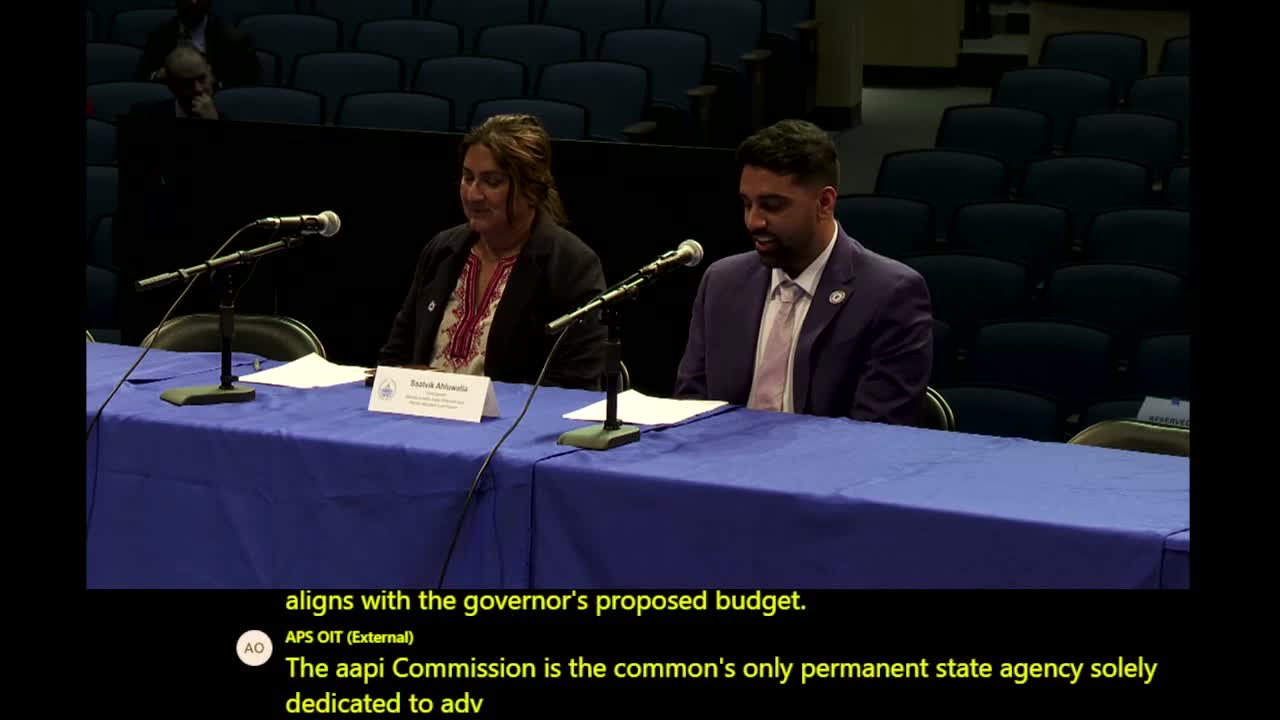Article not found
This article is no longer available. But don't worry—we've gathered other articles that discuss the same topic.
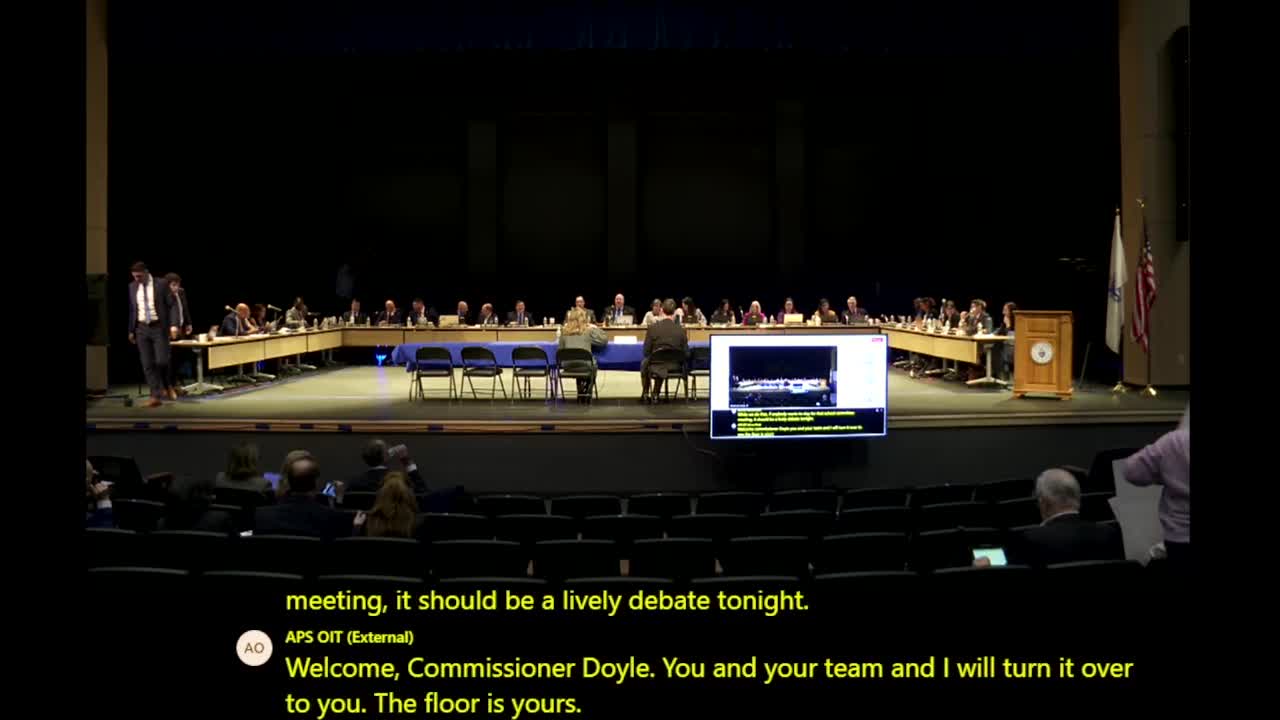
Department of Mental Health outlines FY26 trade-offs: inpatient funding prioritized, case management halved, Cape unit paused
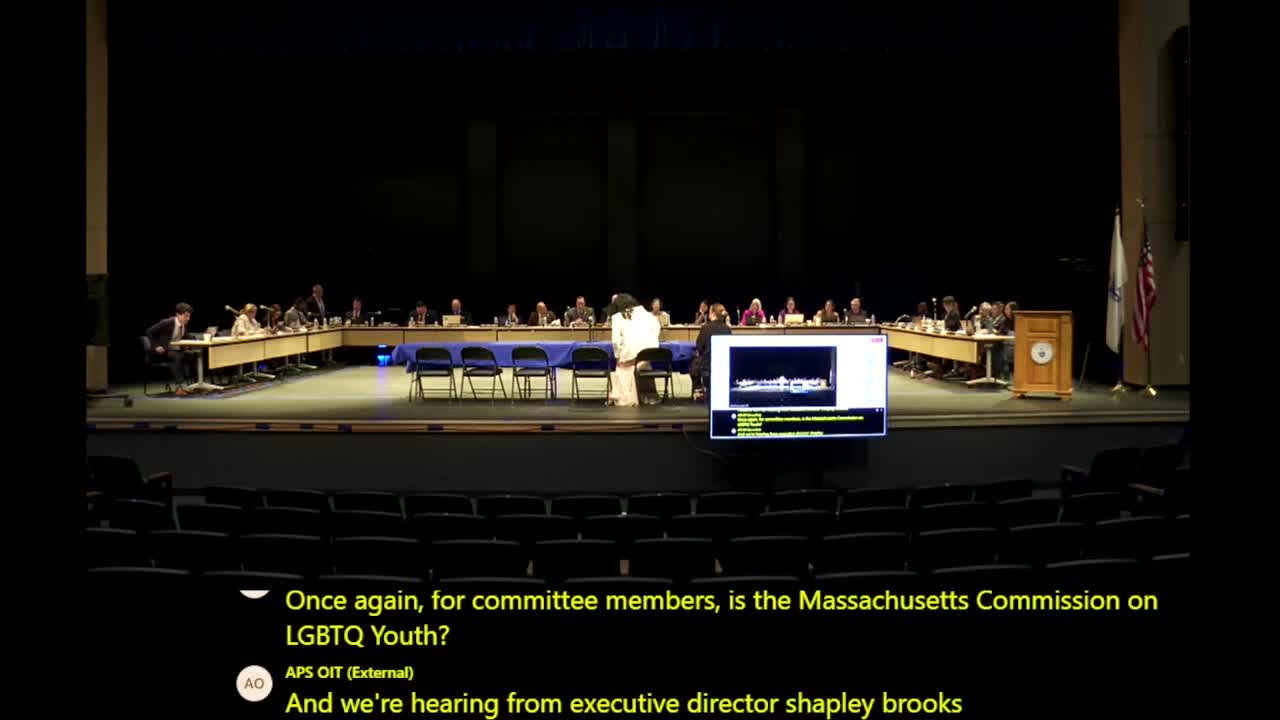
State LGBTQ Youth Commission urges $1.6M baseline to expand Safe Schools assistance, research and youth leadership
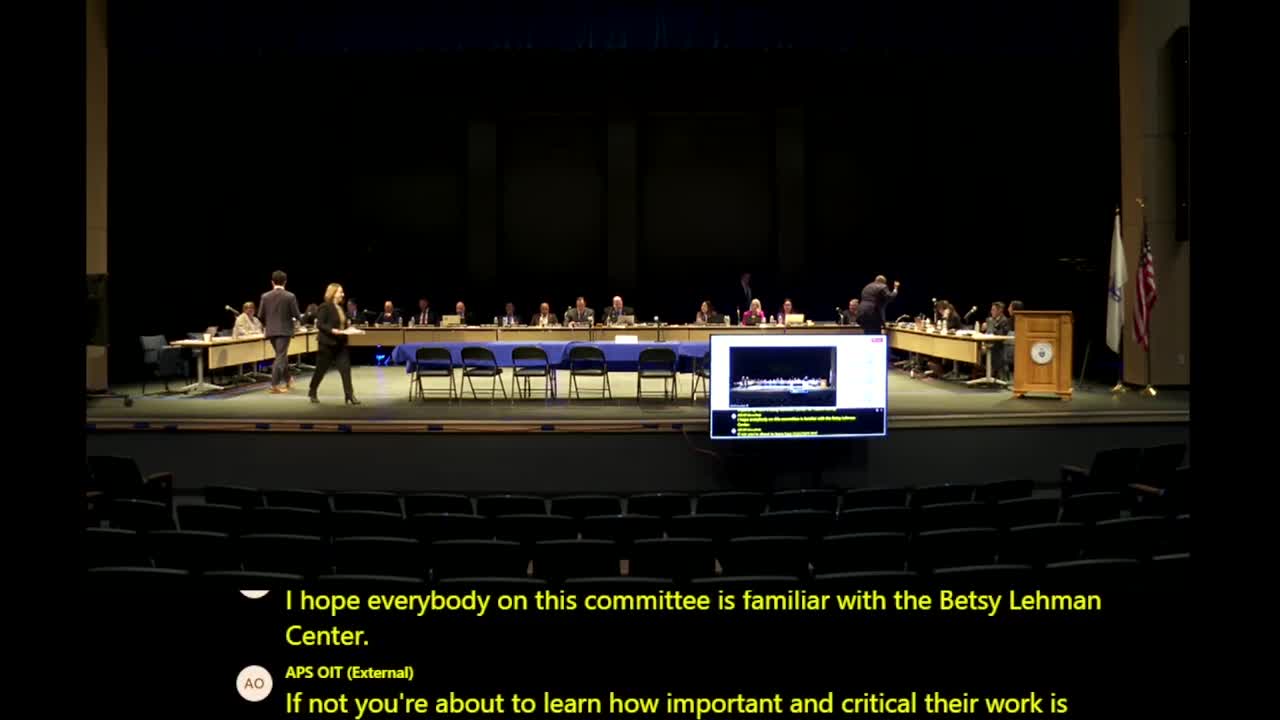
Betsy Lehman Center seeks $2.3M pilot to detect preventable hospital harm; estimates large savings from reduced adverse events
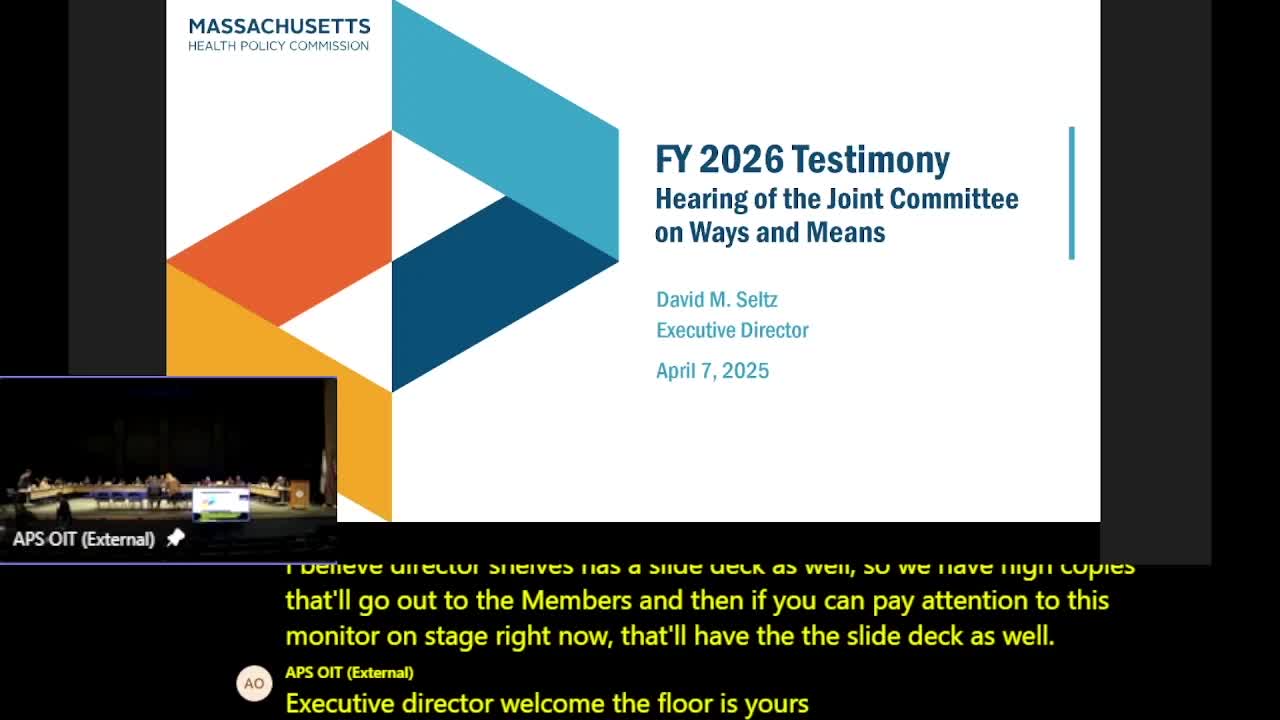
State creates new oversight offices for drugs and health‑resource planning; HPC and CHIA seek staff and funding to implement mandates
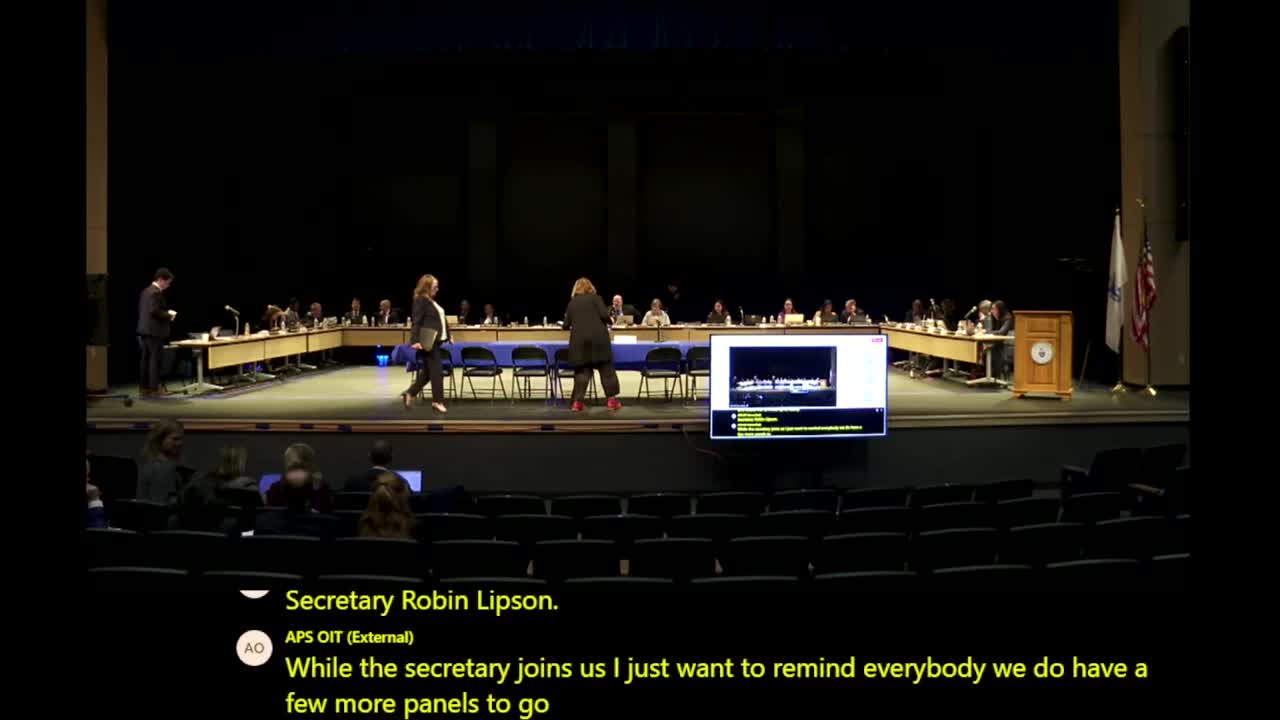
Executive Office of Aging plans caseload management, warns of federal funding uncertainty
